Diagnosing and Treating Lung Cancer
March 23, 2023
Division of Pulmonary, Critical Care and Sleep Medicine, +5 more

Update your location to show providers, locations, and services closest to you.
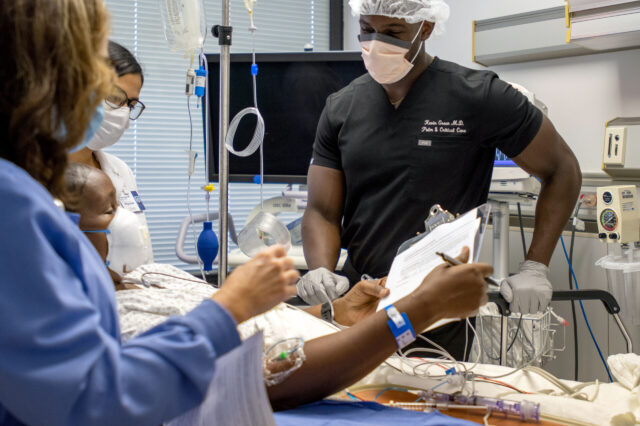
UF Health Pulmonology in Jacksonville is a regional leader and referral center for comprehensive diagnostic and treatment services for all major lung problems, including asthma, COPD, shortness of breath of unknown reason, abnormal chest X-rays or CT scan, interstitial lung diseases, pulmonary hypertension and lung cancer.
The division also provides comprehensive evaluation and management of critically ill patients and sleep disorders.
The division's faculty physicians see patients at a number of specialized, multidisciplinary treatment clinics, including:
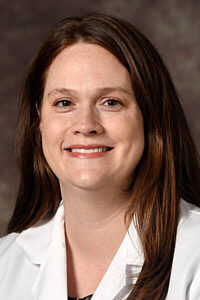
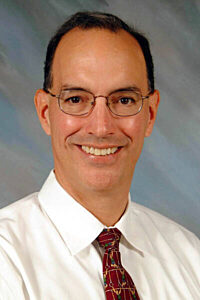
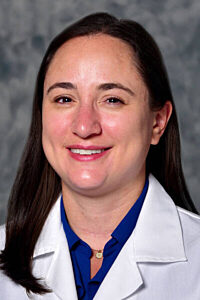
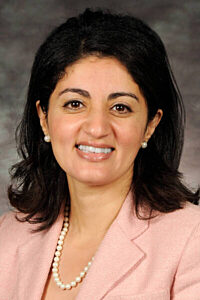
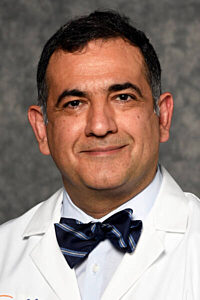
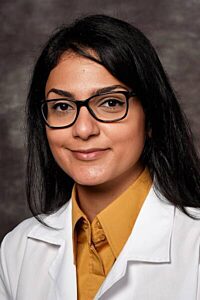

In 2023, U.S. News & World Report recognized UF Health in Jacksonville as high performing in the care of patients with chronic obstructive pulmonary disease.
March 23, 2023
Division of Pulmonary, Critical Care and Sleep Medicine, +5 more

